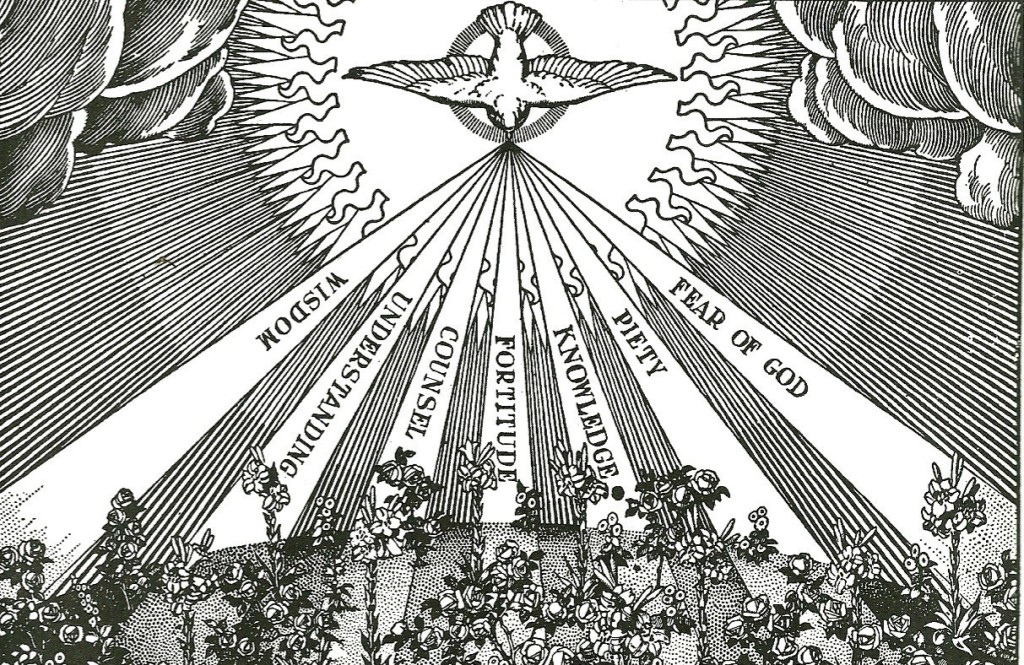We are concerned with the virtue of temperateness…the word has become attenuated and degraded in our modern speech, and the nature of the virtue seriously misunderstood. It is not synonymous with total abstention from alcohol; it is not, in any case, restricted to a right use of food and drink; and, most important, it is not simply a negative thing, a restraint, but a positive and creative quality, an essential quality of love.
Temperateness has two aspects. First of all, it is what gives the quality of humility and reverence to our attitude to material things. It is what enables us to love things instead of grabbing, mauling, and battering on them; it is what enables us to contemplate and not to devour.
You can see an example of what this means—through the example of a man who is alive to beauty and how he savors a glass of wine: the Christian virtue of temperateness differs from this because the motive is different—not the appreciation of beauty as an end itself, but the curbing and training of the appetites for the love of God and His justice and therefore the restoring of the rule of spirit over flesh…(material things) are not just the means to man’s pleasure; they are of value in themselves as the handiwork of God, created to glorify Him; and so we have to learn to love them without greed and treat them with reverence.
-Father Gerald Vann ‘The Divine Pity’








Recent Comments